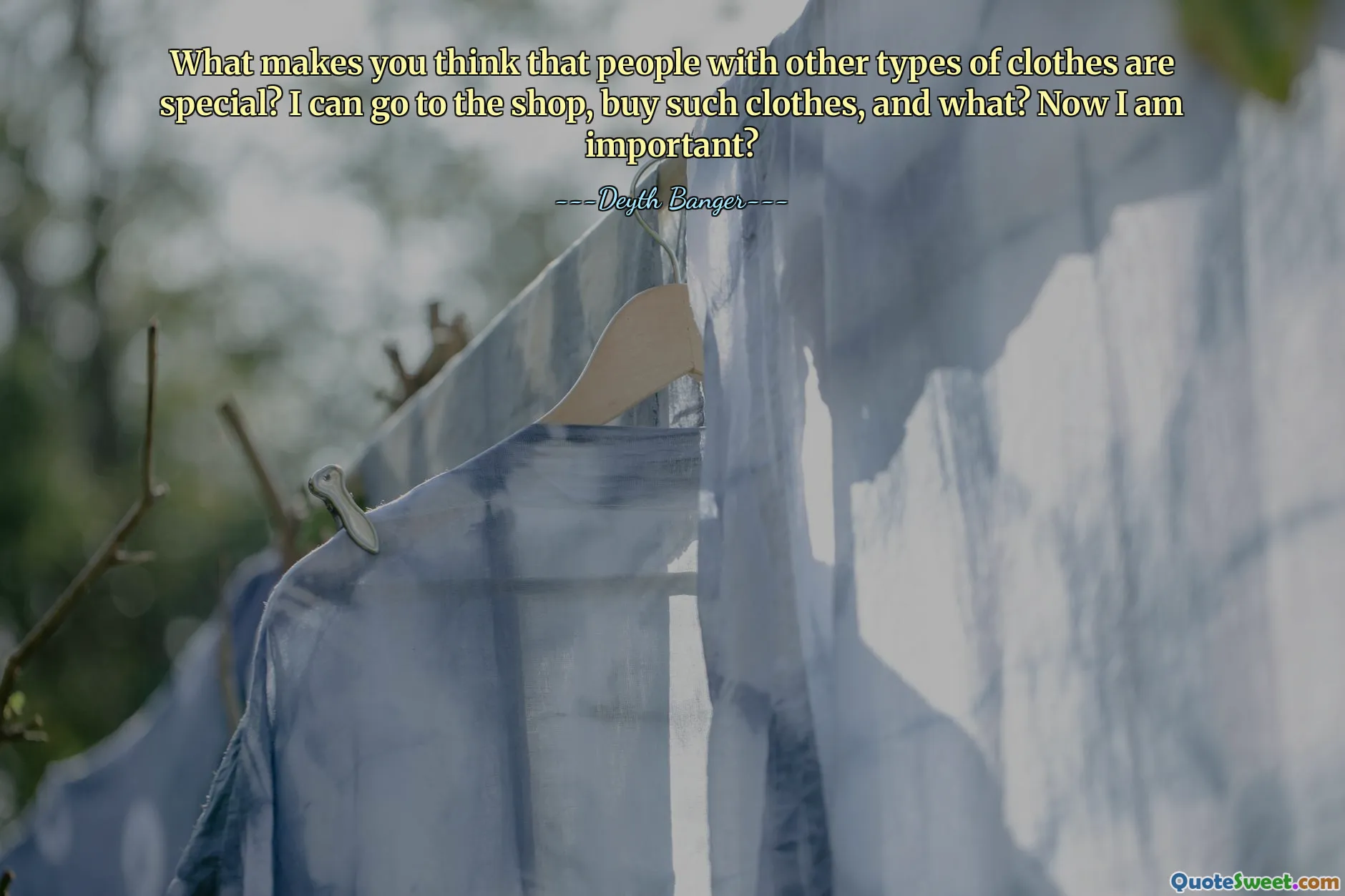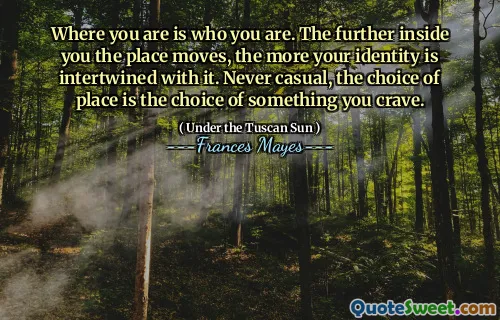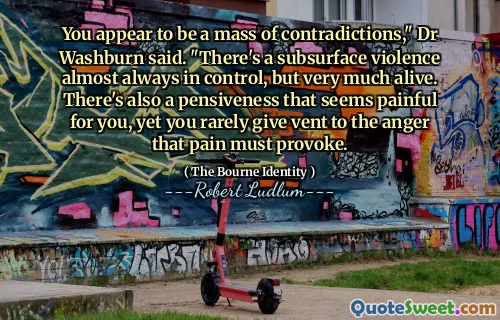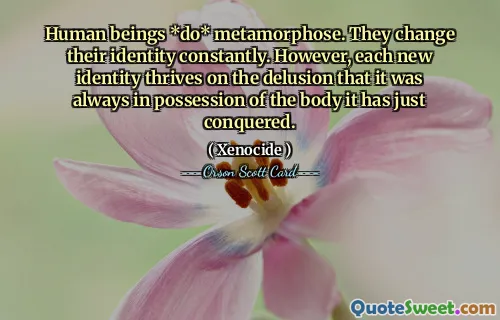
What makes you think that people with other types of clothes are special? I can go to the shop, buy such clothes, and what? Now I am important?
This quote challenges the societal norms and perceptions around clothing and social status. It highlights an important critique of how society often assigns value and significance to individuals based on superficial factors such as appearance and possessions. Clothes, typically seen as a form of self-expression or status symbol, are questioned here for their ability — or inability — to confer any true importance or inherent worth upon a person.
The writer prompts us to reflect on the arbitrary nature of what we consider 'special' or 'important.' If simply purchasing certain clothes can suddenly elevate someone's social standing or significance in the eyes of others, then the standards by which we judge people may be shallow and easily manipulated. This raises a broader conversation about authenticity, what truly defines a person's value, and how societal pressures drive people to conform to external markers of success.
Moreover, the statement contains an undertone of frustration and skepticism, suggesting a disillusionment with the cultural obsession with material possessions and appearances. It invites readers to question their own biases and the implicit assumptions about identity and worth tied to external attributes. Ultimately, this quote discourages us from equating a person’s importance or character with something as changeable and purchasable as clothing.
In a world saturated with consumerism and image-focused social validation, this reflection remains incredibly relevant. It reminds us that true value is not something bought or worn, but something deeper and intangible — often overlooked in a society quick to put people into categories based on what they show on the outside.











